New Scientist covers the latest developments in science and technology that will impact your world. New Scientist employs and commissions the best writers in their fields from all over the world. Our editorial team provide cutting-edge news, award-winning features and reports, written in concise and clear language that puts discoveries and advances in the context of everyday life today and in the future.
Elsewhere on New Scientist
In the hot seat • City mayors can play an important role in coping with climate change
New Scientist
The sun in all its glory
COP29 host faces climate disaster • Water levels in the Caspian Sea are set to fall dramatically as the climate gets hotter, threatening economic activity and ecosystems in Azerbaijan, finds Madeleine Cuff
Some countries are cheating their way to net zero by overrelying on forests
Planet-warming methane leaks aren’t getting fixed
Fossil fuels and forest fires push carbon dioxide emissions to record high
We have warmed the planet by 1.5°C since 1700
Oral microbiome linked to cancer • Microbes are increasingly being implicated in the onset of head and neck cancer, but there is still a lot that we need to learn, reports Linda Geddes
New twist on famous invisible gorilla psychology study
Sweeter tomatoes are coming thanks to gene editing
Weight-loss drugs may treat pain • In mice, the medications effectively treated many types of pain, both chronic and acute
Autonomous cars do doughnuts and slide round corners
Galaxies make a zigzag lens • Light from a distant quasar is being deflected by not one but two massive galaxies, giving us a unique opportunity to probe the expansion of the universe, reports Alex Wilkins
Twin spacecraft will launch to create an artificial solar eclipse
Can Australia’s planned social-media ban for under-16s work? • Attempts to prevent children from accessing online platforms could do more harm than good, finds James Woodford
AIs converse better in own language • Using a mathematicial dialect called Droidspeak helps speed up AI communication
Gophers restored ruined landscape after eruption
Jets of fluid can levitate above a scorching hot pan
12,000-year-old stones may be oldest example of wheel-like tools
World’s largest coral found • This 300-year-old colonial organism is larger than a blue whale
Our only visit to Uranus was at a weird time
Evidence mounts that air pollution can cause eczema
Migratory birds use Earth’s magnetic field like GPS
Erosion of trust • A recent scandal over food hygiene ratings shows how deception destroys trust within society. We need to fight back, says Jonathan R. Goodman
No planet B • A load of rubbish When I moved back to York, UK, I was shocked by its garbage system, with limited recycling and no composting. But a bit of digging showed its brilliance, says Graham Lawton
Vanishing act
Your letters
Is this a menu for change? • Vaclav Smil’s “big numbers” take on feeding future populations fails to address how global warming will affect food production, says Michael Le Page
Putting death on ice • Could brain freezing cure all disease – indirectly? Jonathan R. Goodman explores a book with a bold take on dying
New Scientist recommends
The sci-fi column • Hard stuff In Lake of Darkness, two deep-space science ships meet to study a black hole. Their research comes to an abrupt halt, however, when crew members start dying horribly in this bold, experimental novel, says Emily H. Wilson
Volatile cosmology • The universe as we know it could vanish in an instant. What does our continued existence tell us about the reality we can’t see, asks Miriam...
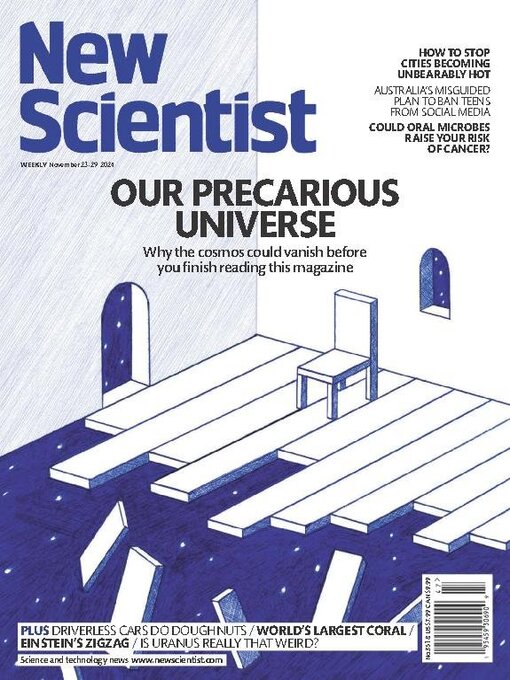
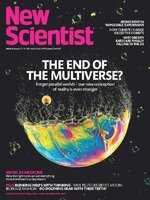 Jan 11 2025
Jan 11 2025
 Jan 04 2025
Jan 04 2025
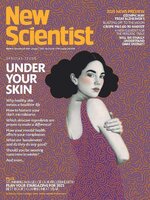 Dec 28 2024
Dec 28 2024
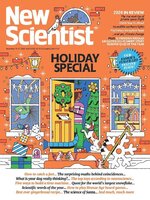 Dec 14 2024
Dec 14 2024
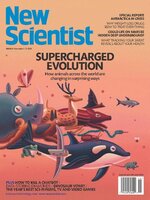 Dec 07 2024
Dec 07 2024
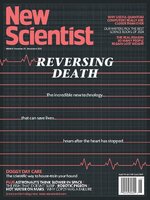 Nov 30 2024
Nov 30 2024
 Nov 23 2024
Nov 23 2024
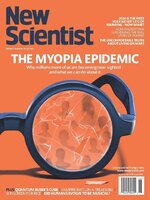 Nov 16 2024
Nov 16 2024
 Nov 09 2024
Nov 09 2024
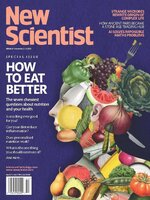 Nov 02 2024
Nov 02 2024
 Oct 26 2024
Oct 26 2024
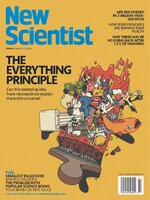 Oct 19 2024
Oct 19 2024
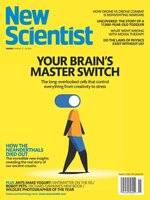 Oct 12 2024
Oct 12 2024
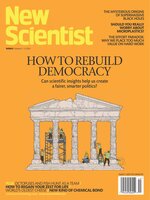 Oct 05 2024
Oct 05 2024
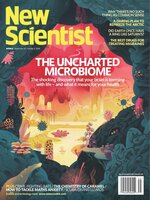 Sep 28 2024
Sep 28 2024
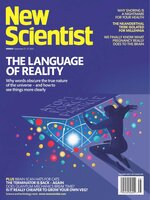 Sep 21 2024
Sep 21 2024
 Sep 14 2024
Sep 14 2024
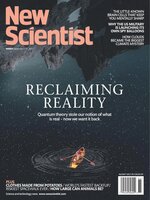 Sep 07 2024
Sep 07 2024
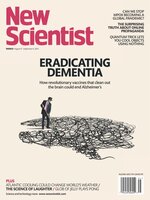 Aug 31 2024
Aug 31 2024
 Aug 24 2024
Aug 24 2024
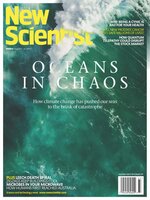 Aug 17 2024
Aug 17 2024
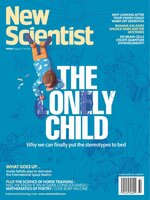 Aug 10 2024
Aug 10 2024
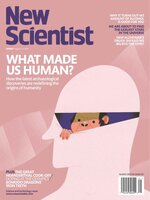 Aug 03 2024
Aug 03 2024
 Jul 27 2024
Jul 27 2024
